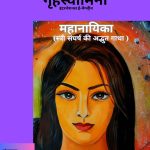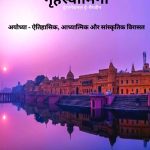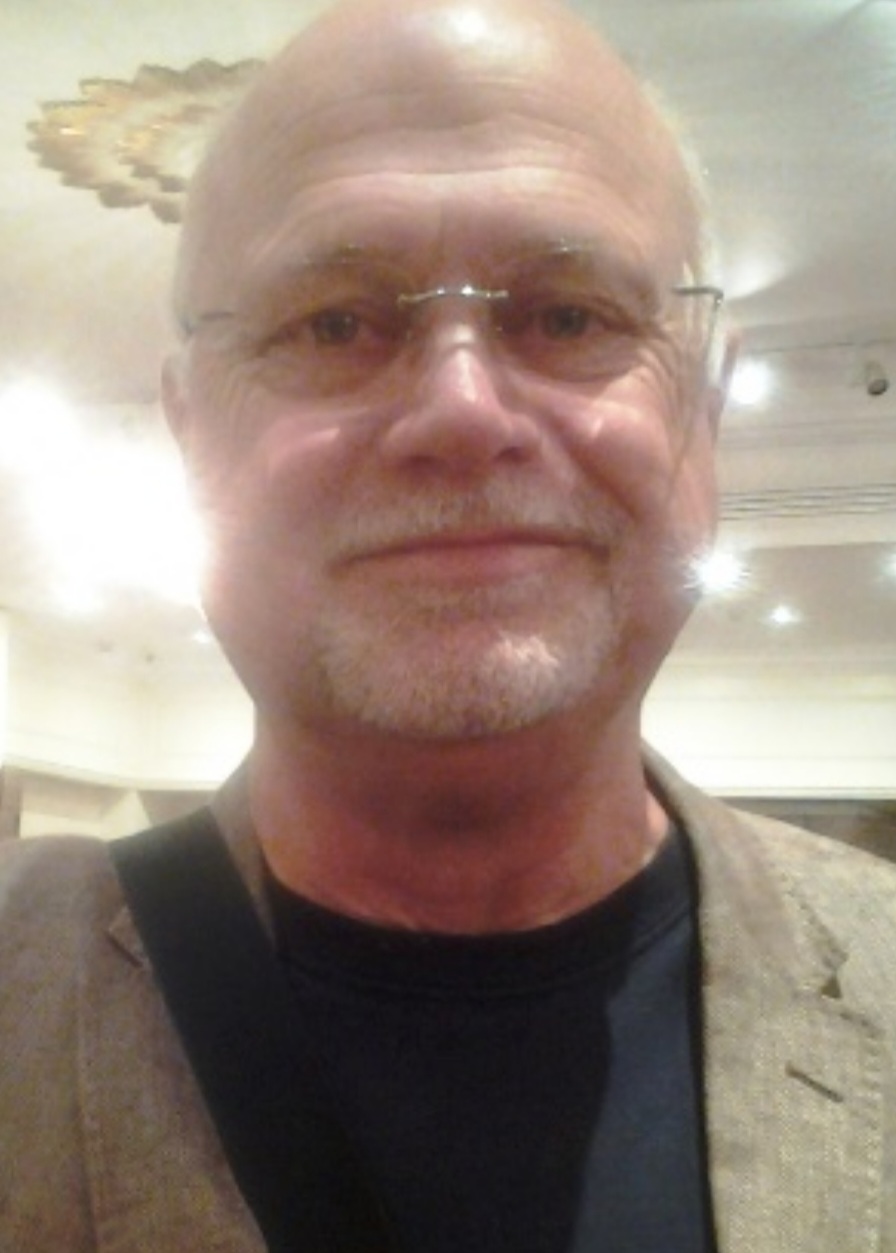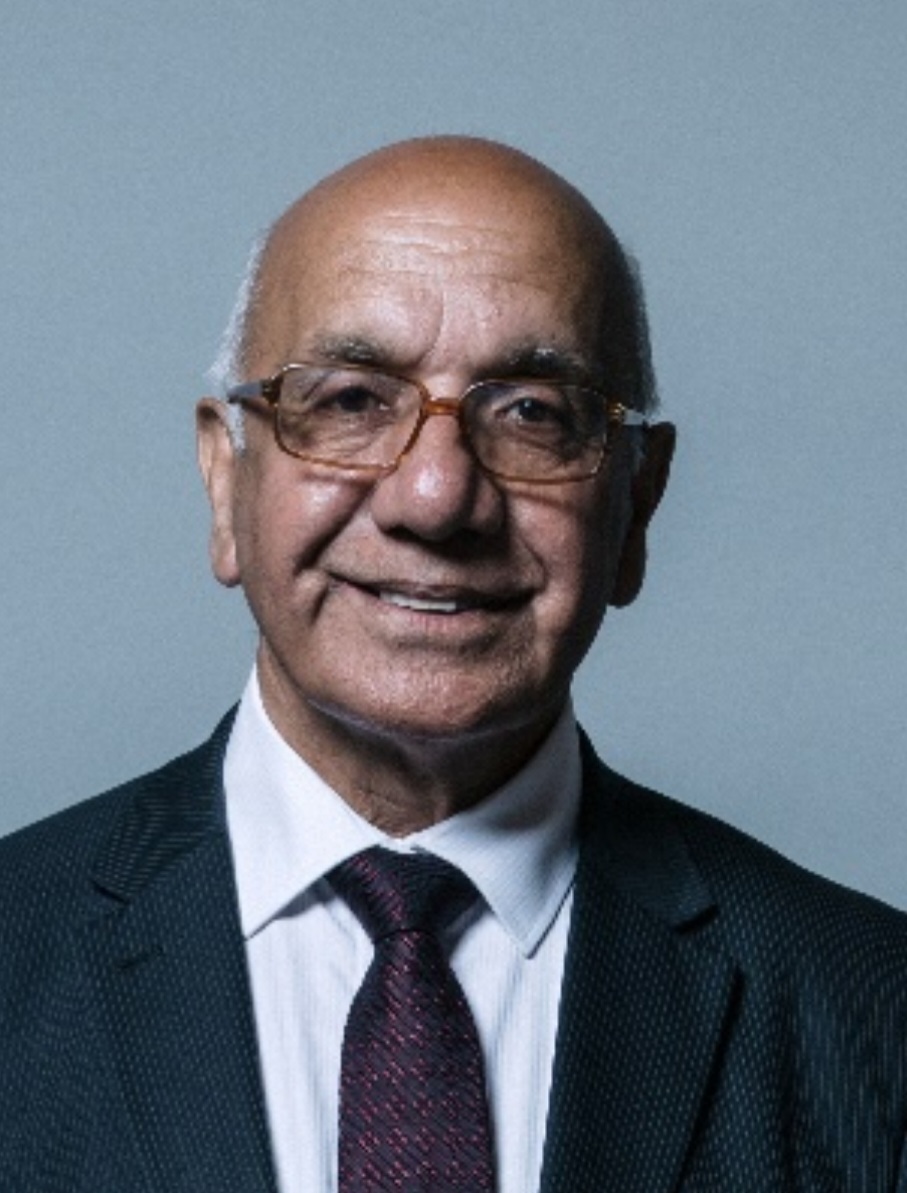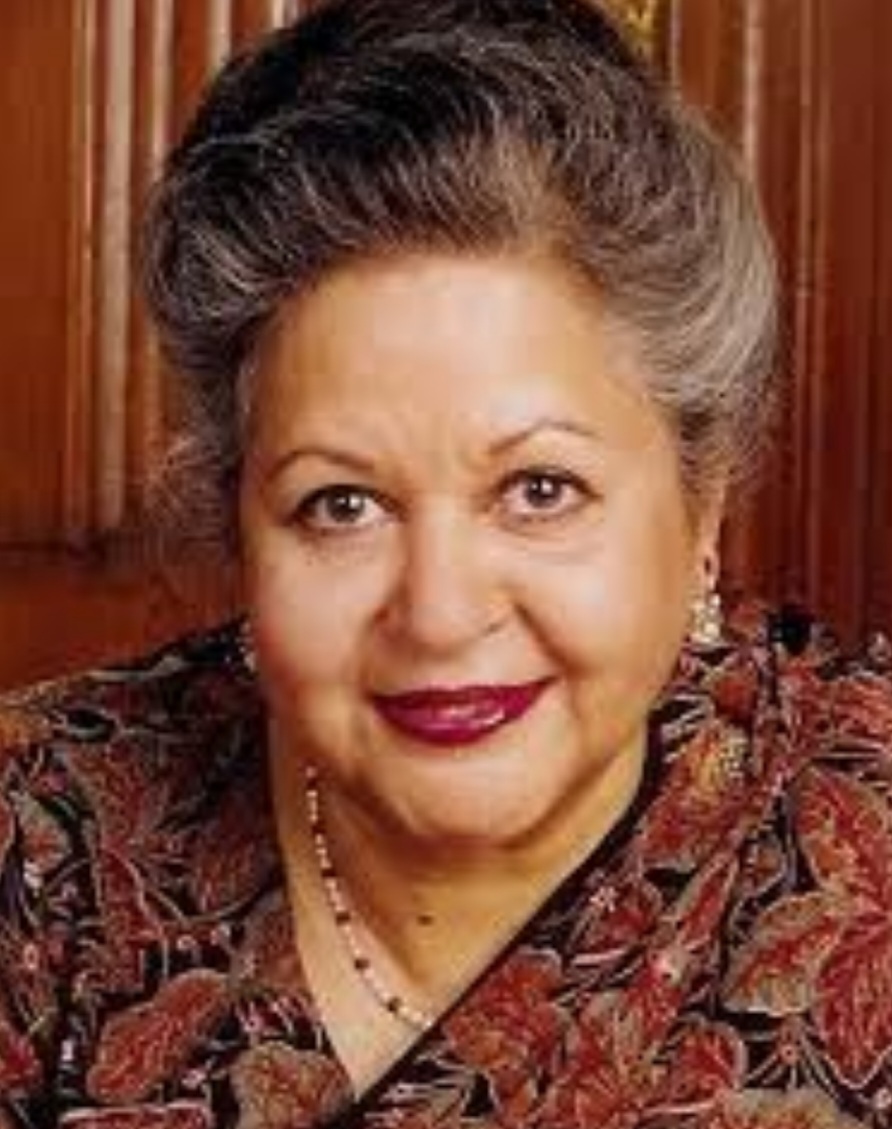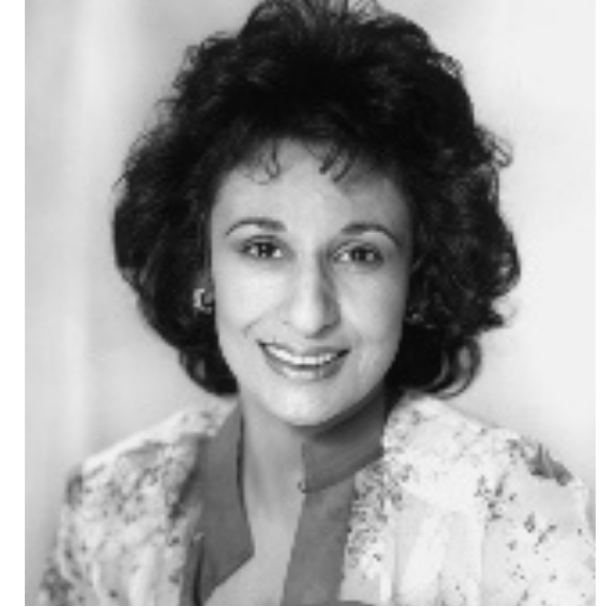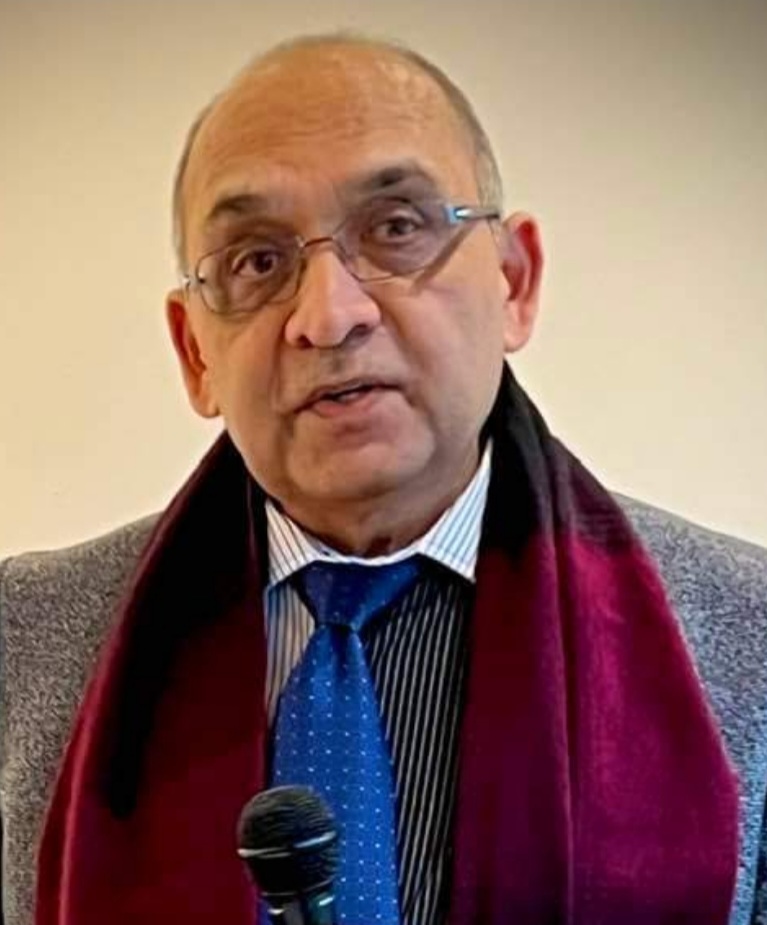Divya-another name of determination
I have known Divya for more than 25 years and have observed her quiet determination to do good in this world by promoting cultural understanding between mainstream British society and the British south Asian community. Not in a brash trumpet-sounding way, but quietly, usually behind the scenes, without any expectation of reward or recognition. That she receives recognition from those who benefit from her good work is testimony to the respect and affection held by those who have had the good fortune to work closely with her.

Having arrived in the UK some decades ago, in inauspicious circumstances, Divya set about making things happen. She volunteered straight away with the Kerala Foundation for the Blind serving as an executive member to improve lives by fundraising and determining the direction of the charity’s work. The need for these activities became obvious to Divya through her former professional work in the Department of Ophthalmology in Delhi. This early charity work has led Divya into many more areas of volunteering – Heather Club for Dementia and the Herts Vision.
Divya’s big area of interest has been in literature and the arts and she has been outstanding in these fields, forming Vatayan in 2003 to bring to notice authors from the British south Asian community. She has been recognised as an effective provider by the Big Lottery receiving an Awards for All grant to assist in work that she personally designed and implemented. A whole host of south Asian literary and cultural organisations have benefited through her unstinting work and organisation to make things happen.
Divya has also published over 18 books but the area of literary work she is passionate about is improving the lives and recognition of women writers. She puts others forward rather than hog the limelight herself. That characterises Divya more than anything else – she just quietly gets on and makes a difference.
I have often asked her why her anthologies are solely stories by women and why her events have often more women speakers? Her answer has always been that women continue to work much harder than men to qualify for equal recognition. Women are too often subjected to prejudice, violence, and less wages than men. She has this burning desire to do something about it; that’s admirable. Cancer and Pandemic didn’t deter her from doing what she does best and since the lockdown, Divya has organised over 132 literary weekly events besides collaborating with sister organisations for many more.
I am proud to be a friend and an admirer. Wishing her the very best.
Edward Crask,
(Social historian,teaches at Open University and is a Labour party consultant.)

